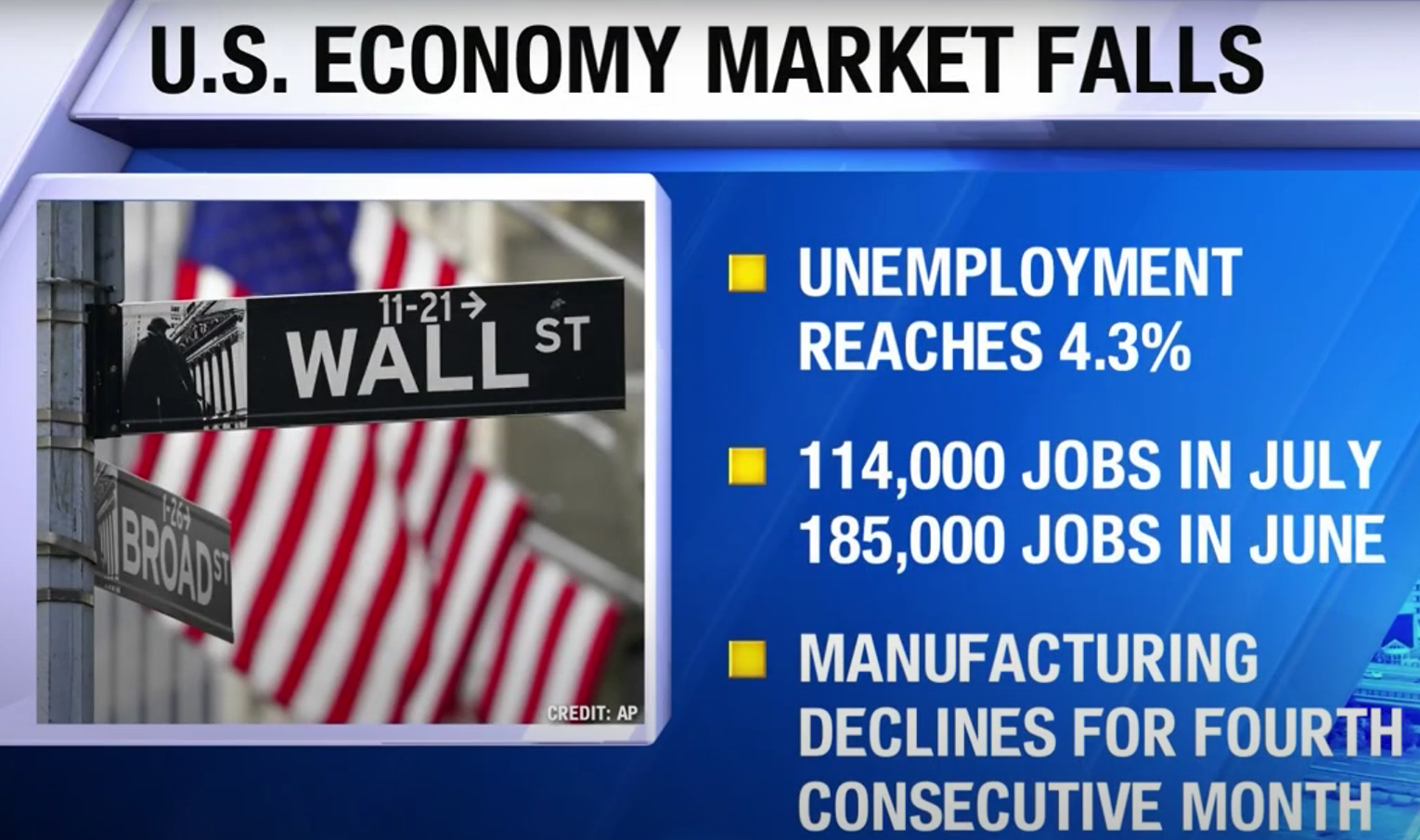How the Conflict in the Middle East Affects the USA Economy
The ongoing conflict involving Israel, Gaza, and Iran is not just a major geopolitical issue but also affects the U.S. economy in many ways. The rising tensions and military actions in the Middle East can influence global markets, oil prices, and investor confidence. This blog will explain how the Israel, Gaza, and Iran war impacts the USA economy, highlighting recent events and possible future effects.
Rising Oil Prices
One of the most immediate effects of the Israel, Gaza, and Iran conflict is on global oil prices. The Middle East is a key region for oil production, and any instability there can disrupt supply. Recently, oil prices have gone up because people are worried about potential supply interruptions.
For example, oil prices have risen from around $79 per barrel at the beginning of July to over $85 per barrel by the end of the month. When oil prices go up, it leads to higher costs for transportation and manufacturing in the USA. This means higher gasoline prices for consumers, who then have less money to spend on other things. This can slow down economic growth, which is concerning for many American families already dealing with inflation.
Stock Market Volatility
The conflict between Israel, Gaza, and Iran has also caused more ups and downs in the stock market. Investors are often nervous about geopolitical conflicts, leading to fluctuations in stock prices as they react to news and fear potential economic disruptions.
Recently, the U.S. stock market has seen significant drops on days when the conflict intensifies. Major indices like the S&P 500 and Dow Jones Industrial Average have experienced notable declines. This volatility affects investor confidence, making people more cautious about their investments. For many Americans with money in the stock market, this added instability brings more financial stress.

Impact on Trade
The conflict can also disrupt international trade routes, especially those passing through the Middle East. Disruptions in shipping lanes can cause delays and increase costs for goods imported into the USA. This can lead to higher prices for consumers and difficulties for businesses relying on these trade routes.
Economic Uncertainty
The Israel, Gaza, and Iran war adds to overall economic uncertainty. Businesses might delay investments and expansion plans because of the unpredictable nature of the conflict. Additionally, the U.S. government might need to spend more on defense to support allies or prepare for potential involvement, which could shift funds away from domestic programs and infrastructure projects. This reallocation of resources could slow down important economic initiatives, affecting long-term growth and stability.
Recent Developments
In recent weeks, the situation has worsened with increased military activity and diplomatic tensions. The U.S. government has expressed concerns over the region’s stability and the potential for a broader conflict. Sanctions and diplomatic efforts are ongoing, but a resolution remains uncertain. This ongoing uncertainty is a source of anxiety for many, as the ripple effects of the conflict are felt across various sectors.
Conclusion
The Israel, Gaza, and Iran war has significant implications for the USA economy. From rising oil prices and stock market volatility to disruptions in trade and increased economic uncertainty, the conflict’s impact is widespread. As the situation continues to change, it’s important for policymakers, businesses, and consumers to stay informed and prepared for potential economic changes.
Understanding how geopolitical events connect to the economy can help us navigate these challenging times. By staying informed and prepared, we can better manage the financial impact of these turbulent events and maintain greater resilience.






One thought on “Israel, Gaza, and Iran War Impact on USA Economy”